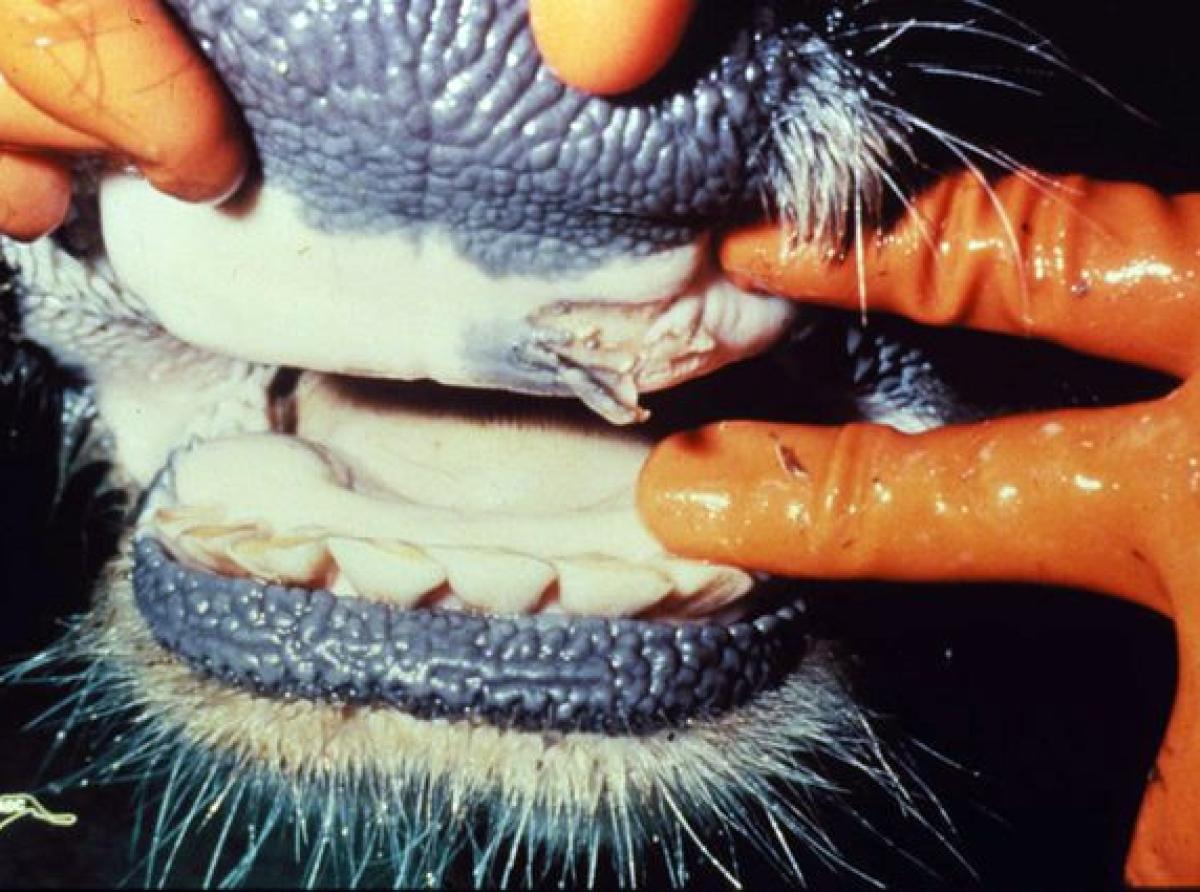South African farmers face dual threat as Rift Valley Fever hits Northern Cape during FMD crisis

Red meat lovers and farmers are facing yet another blow after the Red Meat Industry Services (RMIS) confirmed a case of Rift Valley Fever (RVF) in sheep in the Augrabies area, Northern Cape.
This comes as South Africa continues to deal with Foot and Mouth Disease (FMD), which has disrupted livestock markets, restricted animal movements, and placed significant financial pressure on farmers across multiple provinces.
Rift Valley Fever is a viral disease that primarily affects domestic livestock, often leading to miscarriages and high mortality rates among infected animals.
IOL previously reported that the country has been battling FMD for several months, prompting key trading partners, including Zimbabwe, Namibia, Botswana, and China, to suspend imports of meat and related animal products from the country.
Two months ago, Minister of Agriculture by Minister of Agriculture John Steenhuisen also revealed that the Department has procured 900,000 doses of FMD vaccine to combat the ongoing and increasingly widespread outbreaks affecting several provinces.
“At the beginning of 2025, active FMD outbreaks were confined to KwaZulu-Natal. Unfortunately, by the end of May 2025, new outbreaks had emerged in other provinces,” said Steenhuisen.
However, as South Africa continues to struggle with FMD, the RMIS has also revealed that a new case of Rift Valley Fever (RVF) has been confirmed in sheep in the Augrabies, Northern Cape, prompting increased surveillance and vaccination efforts to prevent further spread.
"RVF has been diagnosed in sheep in the Augrabies area. To prevent further spread, vaccination of at-risk animals is strongly advocated. RMIS has contacted OBP to determine current vaccine stock levels and will assist in coordinating the allocation of available vaccine to high-risk areas as a priority". RMID said.
The organisation added that it is working closely with local veterinary authorities to monitor the situation and ensure that all necessary biosecurity measures are implemented to protect livestock and support affected farmers.
"In addition, RMIS is working with local veterinary authorities to monitor the situation closely and ensure that all necessary biosecurity measures are implemented to protect livestock and support affected farmers".
*This article was first published by IOL News

